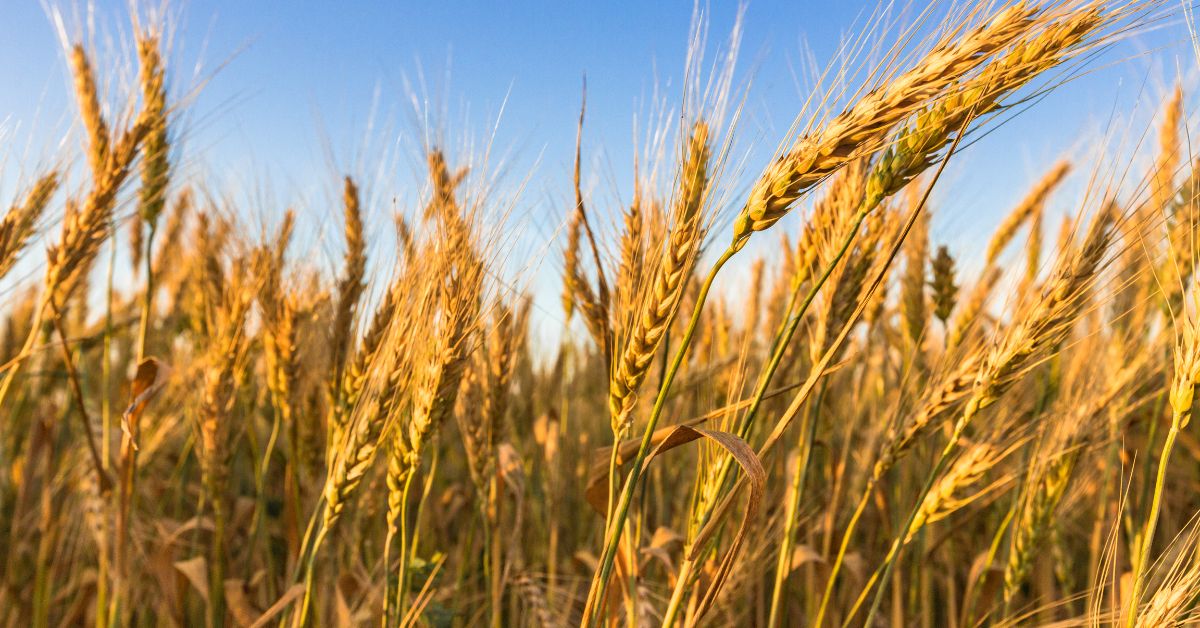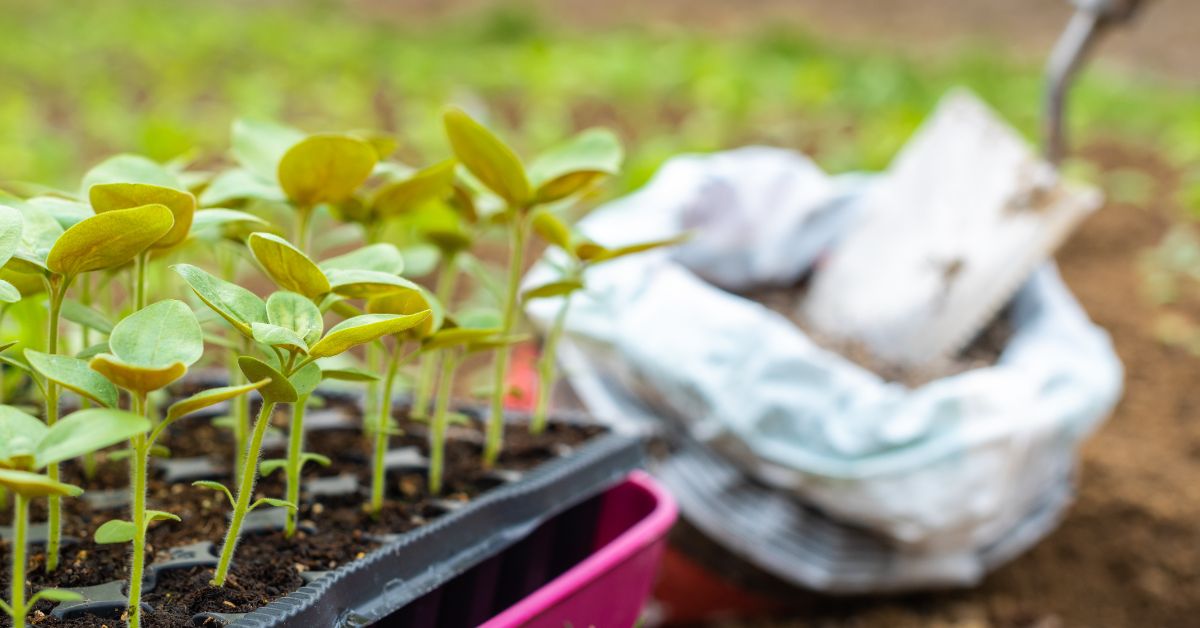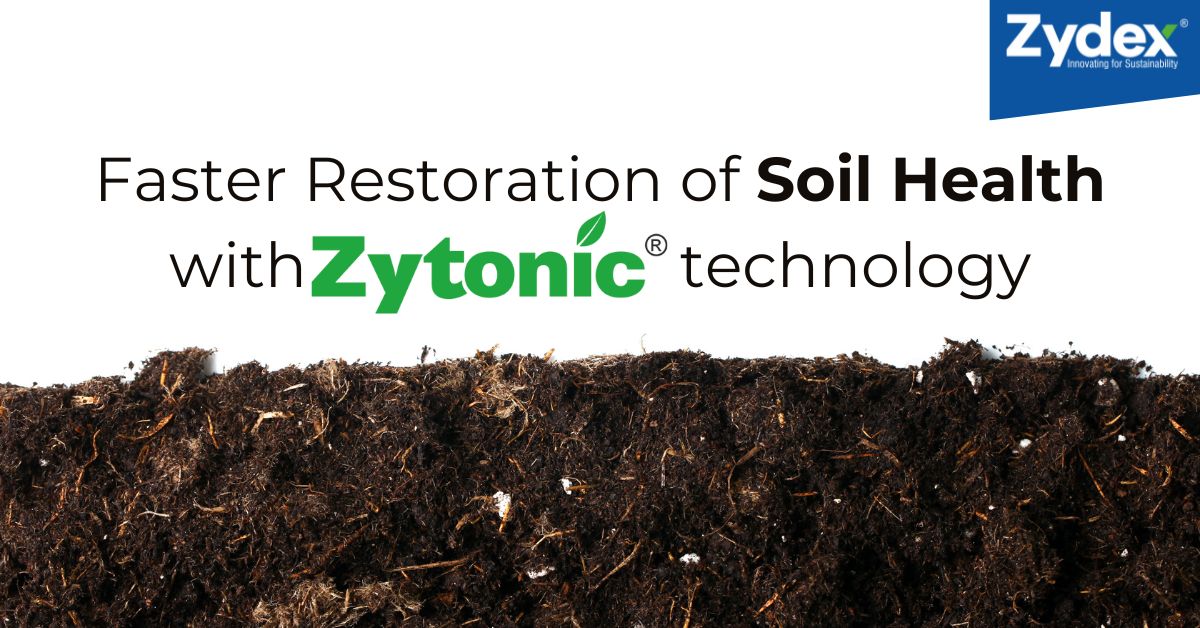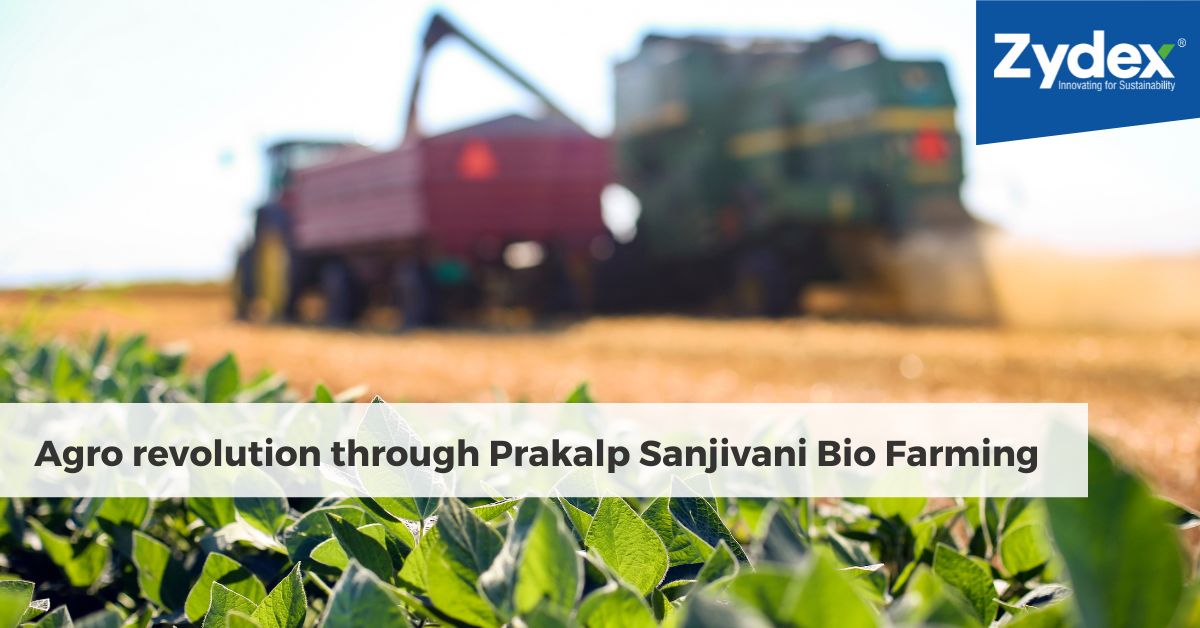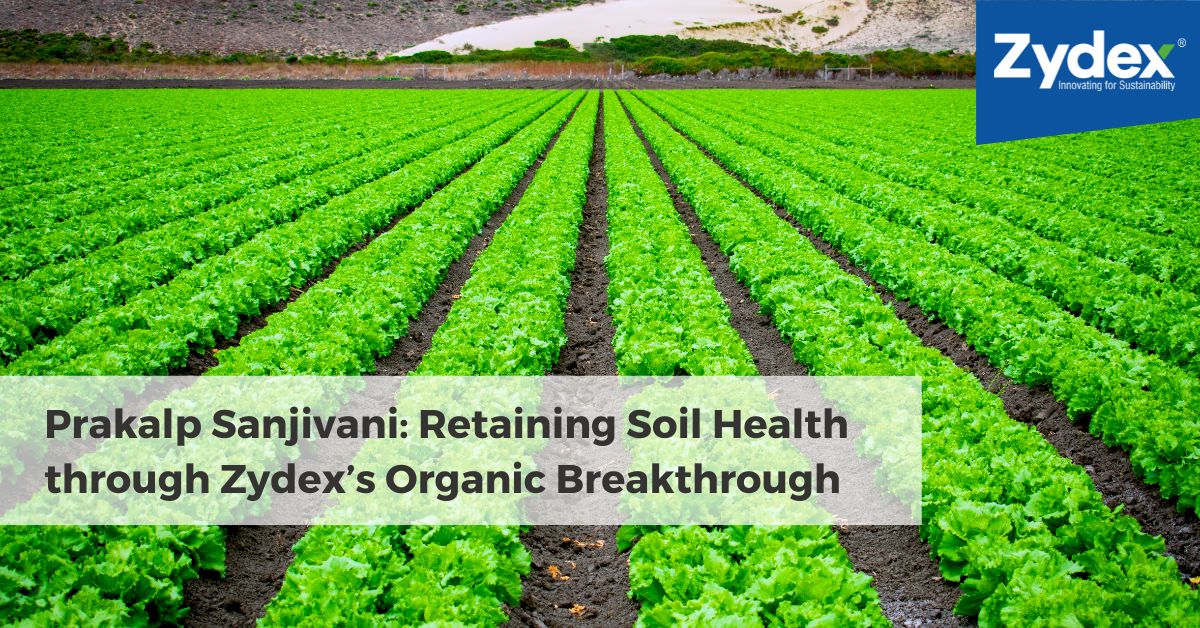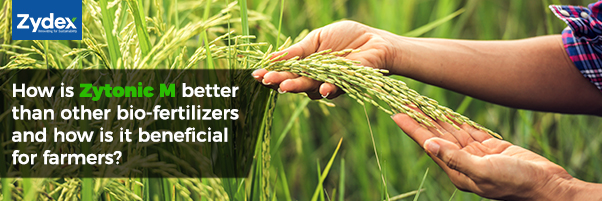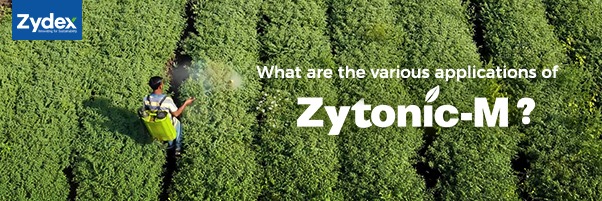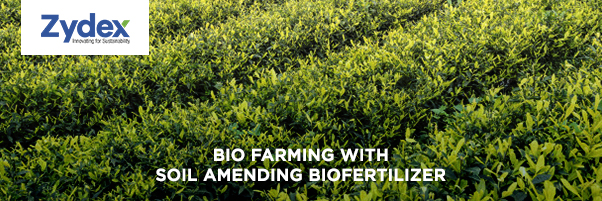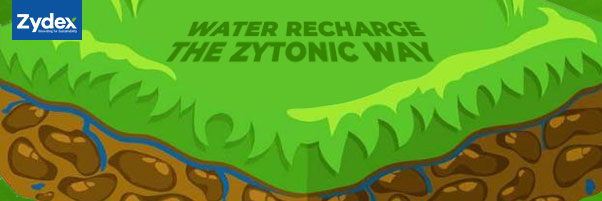Boost Soil Fertility with Biofarming and Fungal Biodigestion to increase farm profitability
The concept of no-till farming is gaining traction globally for two main reasons: reducing organic matter exposure to air and creating a looser soil structure for better gas exchange. However, under these conditions, bacteria go into hyper drive, converting a lot of organic matter into CO2, which depletes the soil’s organic carbon reservoir.
The key to maintaining and increasing soil fertility with no-till biofarming is to build up stable organic matter (SOM), primarily humic substances. Enriching manure through fungal biodigestion is a crucial technology for achieving this.
Zytonic Godhan/Compost EZ: A Simple Solution
Zytonic Godhan/Compost EZ is a one-time application technology that involves drenching a 1:100 dilution of the product onto half-dried manure. A, 2 kg application per metric ton (MT) is recommended for complete fungal biodigestion, resulting in increased humus biomass (evident by a black color), free-flowing manure with an earthy smell, and a rich fungal consortium.
Restoring the Fungal Balance is Critical
Regenerating the fungal biomass is essential for improving the soil’s biomass generation capacity per square meter, ultimately making biofarming profitable. Decades of constant tillage of farmlands have significantly reduced the fungal population in our soils, hindering their contribution to enhanced root growth and a denser hyphae network. This network is crucial for plants to absorb nutrients and water efficiently from the rhizosphere (the zone surrounding plant roots).
Manure: A Valuable Resource
Manure from various animals like cows, buffaloes, goats, sheep, horses, poultry, and feedlots is a valuable source of nutrition for maintaining soil biology. However, traditionally, manure is mixed with leftover fodder, left to dry naturally, and ends up being lumpy, smelly, and only partially digested. This poor-quality farm yard manure is difficult to spread, forcing farmers to use large quantities (8-10 MT or 4-5 tractor trolleys) per acre, that too often only once every five years. This approach is akin to feeding yourself just once a week! Such practices hinder the soil biology from functioning at its peak efficiency for nutrient fixation from the air and soil.
Zytonic Godhan/Compost EZ: A Game Changer
Zydex’s innovation, Zytonic Godhan/Compost EZ, is a new, fungal-based biodigestion technology. This water-soluble product can be drenched on manure piles, covered, and left for complete biodigestion. The covered manure in a static mode will be completely biodigested in 30-45 days. The resultant outcome is a vermicompost-like manure, rich in humus, with an earthy smell. This biologically rich and free-flowing FYM (Farm Yard Manure) is much easier to spread and is 6-8 times higher effective.
Farmers are now using just 1 MT (half a tractor trolley) of the Zytonic Godhan digested farm yard manure (FYM) after mixing with Zytonic (mini kit). After spreading over an acre and rotovating, the farm fields tend to become remarkably soft and porous. This improved soil structure fosters a rich microbial community with efficient functioning of bacteria, fungi, protozoa, nematodes, micro-arthropods, and earthworms etc. All these biology thrives in the presence of oxygen, water, and biodigested FYM.
By adopting Zytonic Godhan/Compost EZ and biofarming practices, farmers can achieve significant improvements up to 95% in germination, plant survival due to enhanced soil health, and fertility. Higher population of plant and growth leads to improved crop yields making it highly profitable.


